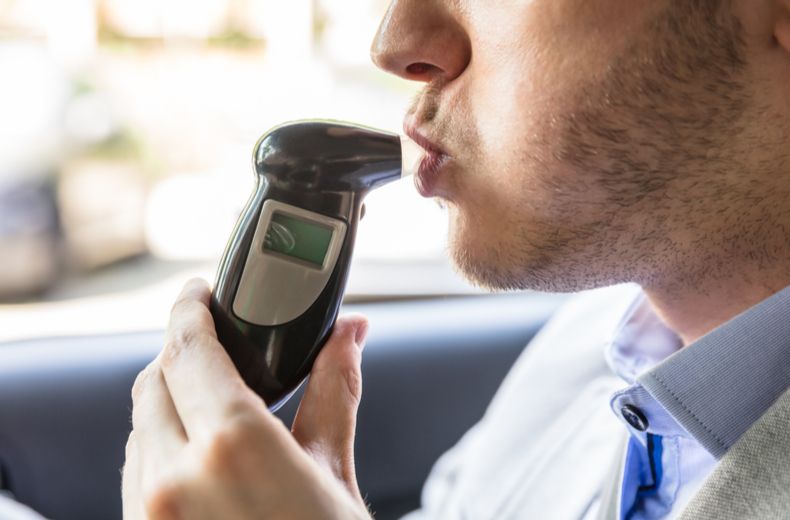That’s the worrying view of the Police Federation, which says a lack of breath-test kits and reduction in traffic police is making criminals harder to target.
It warned the number of drivers being breathalysed has almost halved in the last six years – a 42% slump – with one of the country’s largest forces having just 302 kits across 3,500 frontline officers.
RAC road safety spokesperson Pete Williams says drink-driving ruins lives and needs to be stamped out.
“The key to driving down numbers of those who break the law in this way is a strong visual deterrent combined with effective enforcement,” he added.
- Drink-drive limits: Everything you need to know
- RAC demand the government act after new figures reveal drink-drive deaths at 8-year high
- Would you step in to stop someone drink-driving?
- Could you help to ease the driving test backlog?
- Councils to get powers to fine drivers for common traffic offences
- Man reports drink-driver following crash but 'forgets' he was drunk too

Complete peace of mind for less
• Cheaper than AA Price Promise or your money back^
• We get to most breakdowns in 60 mins or less
• Our patrols fix 4/5 breakdowns on the spot

Richard Cooke, chairman of the West Midlands Police Federation is now worried suspects are chancing their luck more often, thinking it unlikely they will be caught.
Drink-driving arrests in his region have fallen by over a quarter (26%) in just four years, while also witnessing a 20% increase in road deaths since 2017.
Mr Cooke added: “My worry is that drink-driving will seep back in when we’d sort of eradicated it and made culprits social pariahs.
“The danger is that people will think it’s acceptable again. Colleagues are telling me this is a common thing, where they’re having difficulty getting hold of functioning kits when needed.”
The Police Federation’s national chair, John Apter, admits the authorities are being stretched so much, they “don’t have the ability to target certain areas like roads policing”.
The RAC’s Mr Williams said: “Police forces clearly need officers to be equipped with breathalyser kits and if this isn’t the case everywhere, then the menace of drink-driving will go unchallenged to the danger of every road user.
“The message is simple: if you’re going to drink, find another means of travel rather than driving.”
- Most drivers support stricter drink-driving laws
- Man reports drink-driver following crash but 'forgets' he was drunk too
Breathalysers were introduced in 1967, and in the period between 1979 and 2015, the number of people killed or injured in accidents involving drink drivers halved – from 19,740 to 8,740.
But since then, figures have shown a worrying trend, with 2016 showing a 7% rise from the previous year.
Speaking about the provision of roadside breathalysers, the Police Federation’s Dave Blundell said: “I am sure that, like any piece of equipment in these stringent times, all sorts of equipment are in short supply.
“There is a cost factor involved, hand-held breathalysers are an expensive piece of kit, hundreds of pounds each.
“They are subject to maintenance, each one is calibrated to high standards, and, if they fail a calibration test, they are taken out of use.”
Copyright Press Association 2019. Motoring News articles do not reflect the RAC's views unless clearly stated.
Did you know, you can get fined for moving out of the way of an ambulance?
Want more useful content like this sent straight to your inbox?






